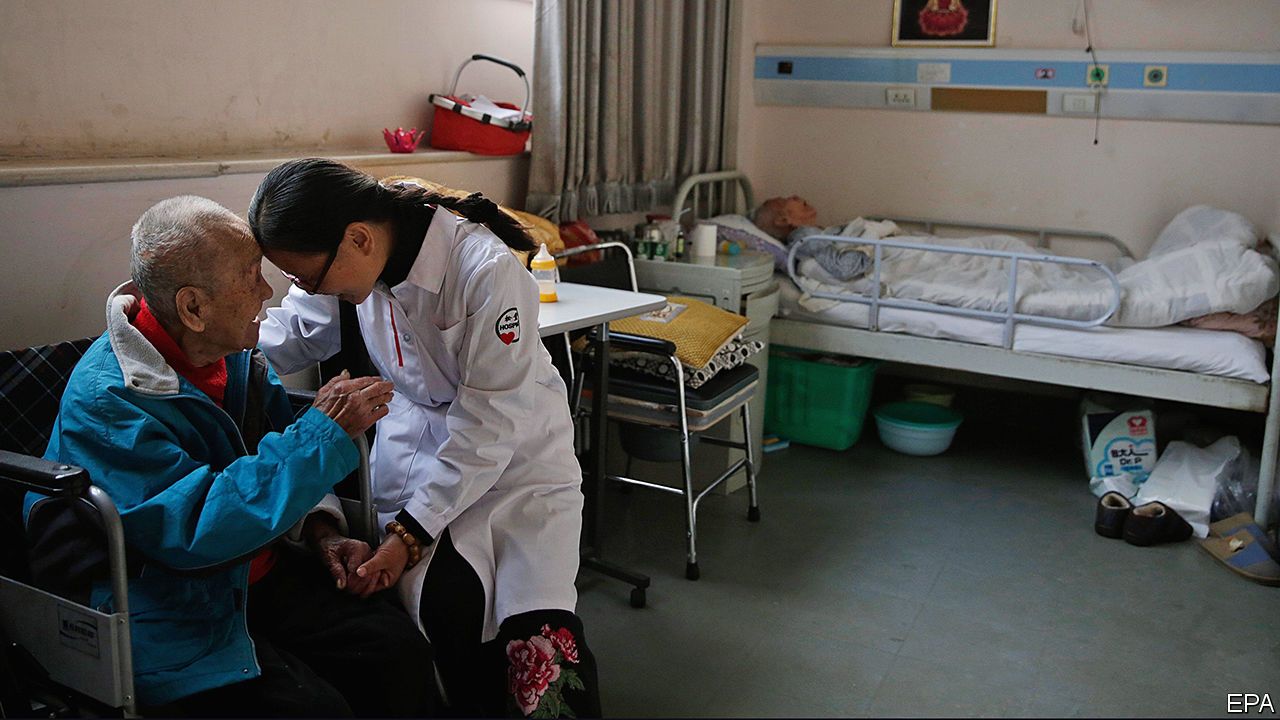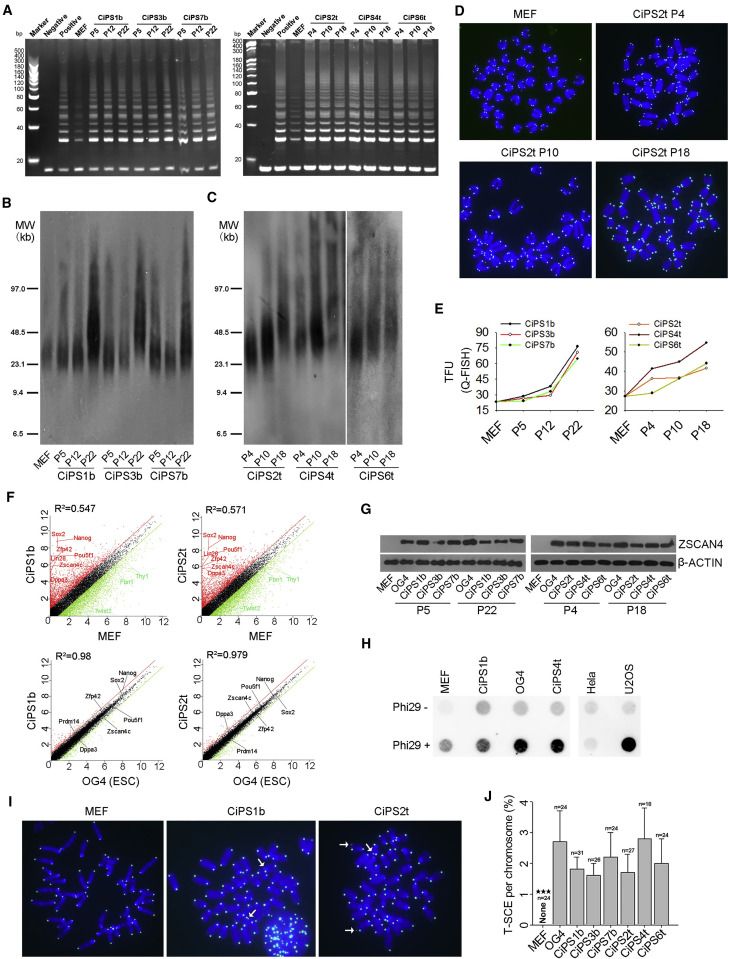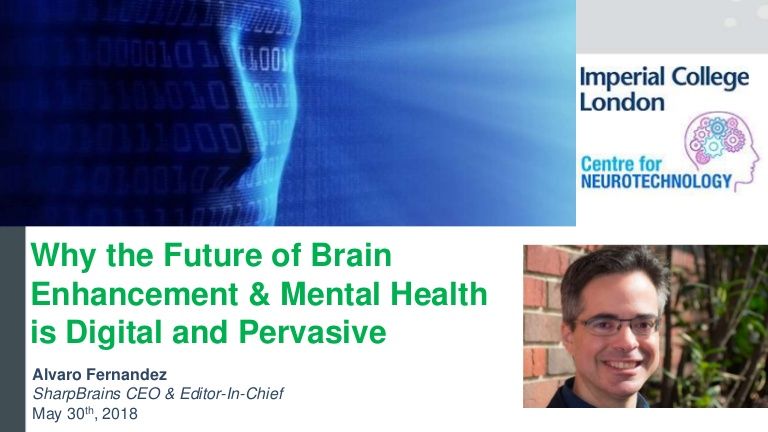Archive for the ‘biotech/medical’ category: Page 2267
Jun 10, 2018
US suicide rates increased more than 25% since 1999, CDC says
Posted by Derick Lee in categories: biotech/medical, government, health, neuroscience
“These findings are disturbing. Suicide is one of the top 10 causes of death in the US right now, and it’s one of three causes that is actually increasing recently, so we do consider it a public health problem — and something that is all around us,” Schuchat said. The other two top 10 causes of death that are on the rise are Alzheimer’s disease and drug overdoses, she noted.
Suicide rates increased by 25% across the United States over nearly two decades ending in 2016, according to research published Thursday by the US Centers for Disease Control and Prevention. Twenty-five states experienced a rise in suicides by more than 30%, the government report finds.
More than half of those who died by suicide had not been diagnosed with a mental health condition, said Dr. Anne Schuchat, principal deputy director of the CDC.
Continue reading “US suicide rates increased more than 25% since 1999, CDC says” »
Jun 10, 2018
Study proposes a new way to reverse the aging process
Posted by Juliian C’estMoi in categories: biotech/medical, life extension
A new approach to fight the aging process: rejuvenating the nuclear membrane.
A new discovery about the effects of aging in our cells could allow doctors to cure or prevent diabetes, fatty liver disease and other metabolic diseases — and possibly even turn back the clock on aging itself.
The new finding from the University of Virginia School of Medicine suggests that fatty liver disease and other unwanted effects of aging may be the result of our cells’ nuclei — the compartment containing our DNA — getting wrinkly. Those wrinkles appear to prevent our genes from functioning properly, the UVA researchers found.
Continue reading “Study proposes a new way to reverse the aging process” »
Jun 10, 2018
Matthew Scholz, founder and CTO of Immusoft, presenting at Undoing Aging 2018
Posted by Michael Greve in categories: biotech/medical, genetics, life extension

New video from Undoing Aging 2018: Matthew Scholz, founder and CTO of Immusoft, on their work developing a breakthrough platform for treating a variety of genetic diseases.
Accelerating rejuvenation therapies to repair the damage of aging. Berlin, March, 15 — 17.
Continue reading “Matthew Scholz, founder and CTO of Immusoft, presenting at Undoing Aging 2018” »
Jun 10, 2018
The Bubonic Plague Has Been Killing People Far Longer Than We Thought
Posted by Genevieve Klien in category: biotech/medical
Hidden in the bones of ancient humans lies evidence of diseases that continue to distress people today. Recently, the examination of two 3,800-year old skeletons revealed the presence of a Yersinia pestis strain, famously the bacterium that causes plague. This strain is now the oldest of its kind sequenced to date, and suggests that the devastation that is the bubonic plague has a Bronze Age origin.
The discovery, published Friday in Nature Communications, pushes back the proposed age of the bubonic plague by 1,000 years. It also adds to the understanding of a disease that is still reported between one and seven times per year in the United States, despite its more ancient reputation: In the U.S. 80 percent of plague cases have been in the bubonic form. Although it’s been present throughout much of recorded history — it was the drive behind some of humanity’s deadliest pandemics including the Justinian Plague and the Black Death — the origin and age of the disease have remained largely a mystery.
“Contrary to previous studies suggesting that Y. pestis was unable to cause disease during that time, we provide evidence that bubonic plague has been affecting humans for at least the last 4,000 years,” study co-author Maria Spyrou tells Inverse.
Continue reading “The Bubonic Plague Has Been Killing People Far Longer Than We Thought” »
Jun 10, 2018
Heart disease stem cell therapy can shrink deadly scar tissue
Posted by Genevieve Klien in categories: biotech/medical, innovation
A breakthrough stem cell treatment that promises the first effective cure for heart disease will be offered to British patients this year, The Sunday Telegraph can reveal.
Hundreds of thousands stand to benefit after regulators approved a major trial of the regenerative drug capable of shrinking fatal scar tissue which follows a heart attack.
The “off-the-shelf” therapy, which can be harvested for thousands of recipients from one healthy donor, will begin being administered to patients at London’s Royal Brompton Hospital in November.
Continue reading “Heart disease stem cell therapy can shrink deadly scar tissue” »
Jun 9, 2018
AI-based method could speed development of specialized nanoparticles
Posted by Alexander Rodionov in categories: biotech/medical, nanotechnology, robotics/AI
A new technique developed by MIT physicists could someday provide a way to custom-design multilayered nanoparticles with desired properties, potentially for use in displays, cloaking systems, or biomedical devices. It may also help physicists tackle a variety of thorny research problems, in ways that could in some cases be orders of magnitude faster than existing methods.
The innovation uses computational neural networks, a form of artificial intelligence, to “learn” how a nanoparticle’s structure affects its behavior, in this case the way it scatters different colors of light, based on thousands of training examples. Then, having learned the relationship, the program can essentially be run backward to design a particle with a desired set of light-scattering properties—a process called inverse design.
The findings are being reported in the journal Science Advances, in a paper by MIT senior John Peurifoy, research affiliate Yichen Shen, graduate student Li Jing, professor of physics Marin Soljacic, and five others.
Continue reading “AI-based method could speed development of specialized nanoparticles” »
Jun 9, 2018
Taboos make it hard to discuss mortality in China
Posted by Derick Lee in categories: biotech/medical, government
Cultural inhibitions also impede the development of end-of-life care. Talking about death has long been taboo. People often feel that it is their filial duty to ensure that sick parents receive curative treatment, even when doctors advise that there is no chance of recovery and the treatment will be painful. Applications to build hospices are sometimes challenged by local residents who resent the presence of death on their doorsteps. Mr Li says neighbours’ objections have forced Songtang Hospice to move six times.
WHEN Li Songtang was 17, officials overseeing Mao’s chaotic Cultural Revolution sent him from Beijing to Inner Mongolia, a northern province where he became a “barefoot doctor”—a medical worker with rudimentary training. His patients included an academic whom the government had expelled in disgrace from the capital, and who had become terminally ill. The patient grew sicker and increasingly troubled by his political black mark. Unable to console him, Mr Li eventually lied that he had persuaded authorities to wipe the slate clean. The patient grabbed his arm with relief and gratitude, recalls Mr Li. “I can still feel it today.”
Mr Li’s experience of caring for the dying man eventually resulted in the hospice he runs in a three-storey building in Beijing’s outskirts. The facility is home to about 300 people, most of them elderly and with late-stage cancer (a patient there is pictured with a nurse). On a weekend the bright corridors are busy with volunteers who have come to chat with patients. Zhang Zhen’e, a smiley 76-year-old who shares her room with six other women, says she tries to stay cheerful because days spent worrying are “days lost”. A nearby ward for dying babies, painted green and decorated with mobiles, is less easy to visit. Eight children snooze there, asleep in mismatched wooden cots.
Continue reading “Taboos make it hard to discuss mortality in China” »
Jun 8, 2018
Dynamics of Telomere Rejuvenation during Chemical Induction to Pluripotent Stem Cells
Posted by Alexander Rodionov in categories: biotech/medical, life extension
Chemically induced pluripotent stem cells (CiPSCs) may provide an alternative and attractive source for stem cell-based therapy. Sufficient telomere lengths are critical for unlimited self-renewal and genomic stability of pluripotent stem cells. Dynamics and mechanisms of telomere reprogramming of CiPSCs remain elusive. We show that CiPSCs acquire telomere lengthening with increasing passages after clonal formation. Both telomerase activity and recombination-based mechanisms are involved in the telomere elongation. Telomere lengths strongly indicate the degree of reprogramming, pluripotency, and differentiation capacity of CiPSCs. Nevertheless, telomere damage and shortening occur at a late stage of lengthy induction, limiting CiPSC formation. We find that histone crotonylation induced by crotonic acid can activate two-cell genes, including Zscan4; maintain telomeres; and promote CiPSC generation. Crotonylation decreases the abundance of heterochromatic H3K9me3 and HP1α at subtelomeres and Zscan4 loci. Taken together, telomere rejuvenation links to reprogramming and pluripotency of CiPSCs. Crotonylation facilitates telomere maintenance and enhances chemically induced reprogramming to pluripotency.
Jun 8, 2018
Why the Future of Brain Enhancement and Mental Health is Digital and Pervasive
Posted by Alvaro Fernandez in categories: biotech/medical, health, neuroscience
It was a great pleasure to share latest data and insights with a fantastic community of researchers, engineers, innovators and investors last week, hosted by the Imperial College Centre for Neurotechnology in London. Hope you enjoy the overview slides!
Presentation by Alvaro Fernandez hosted by the Imperial College Centre for Neurotechnology in London.
Description: As seen in patent and investment trends, research findings and consumer/patient behaviors, Mental Health and Brain Enhancement are rapidly evolving in transformational ways which some call “empowering” and some “controversial.” Alvaro Fernandez, Editor-in-Chief of independent market research firm SharpBrains, will present and discuss the latest market data and forecasts on how digital platforms are poised to revolutionize brain & mental health diagnostics, monitoring, therapies and enhancement.
Continue reading “Why the Future of Brain Enhancement and Mental Health is Digital and Pervasive” »

















